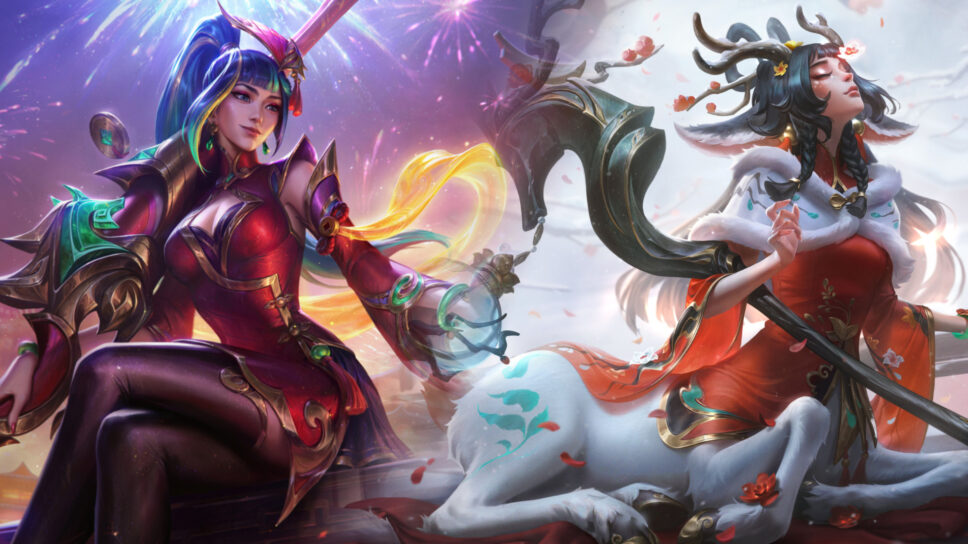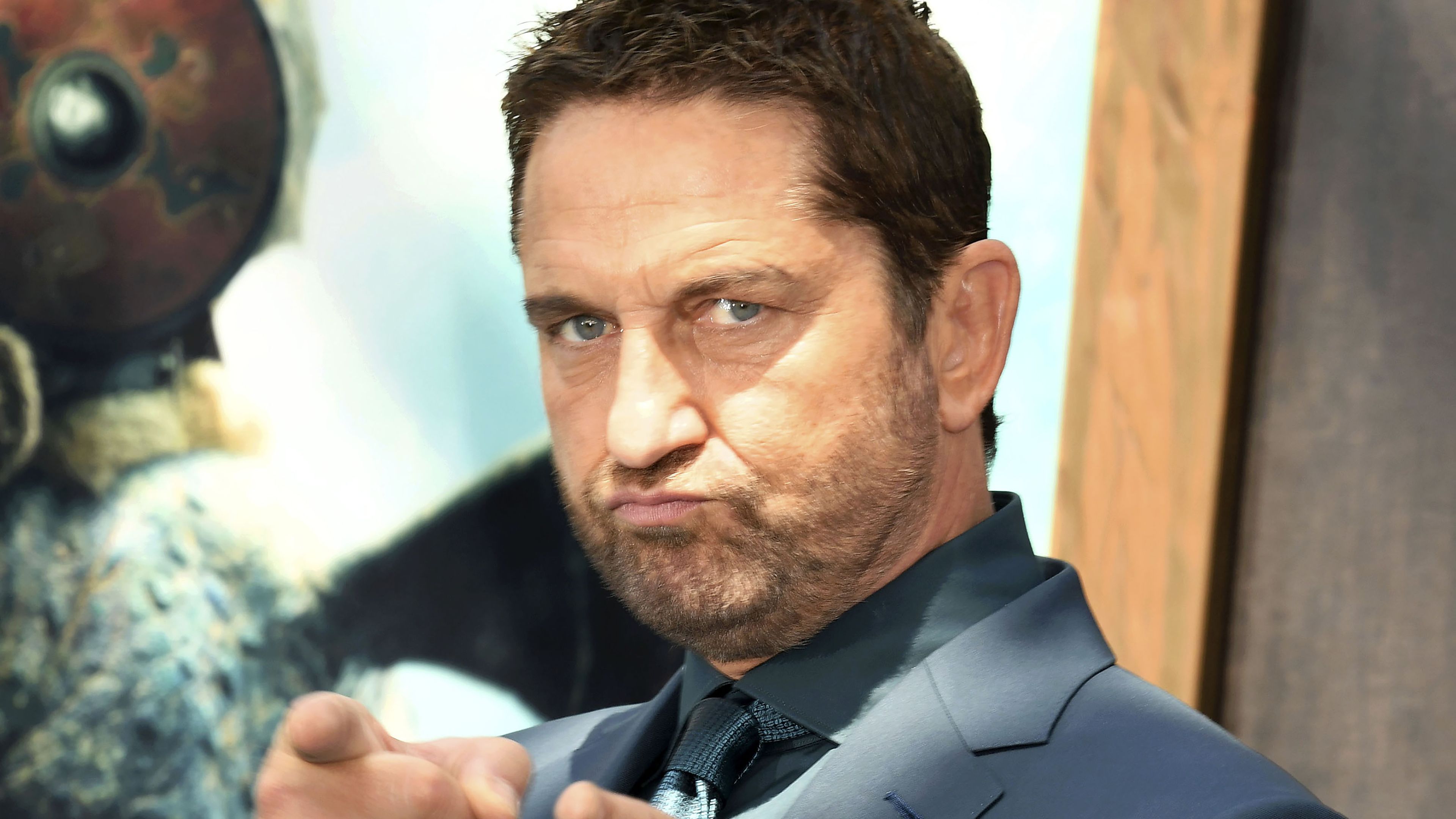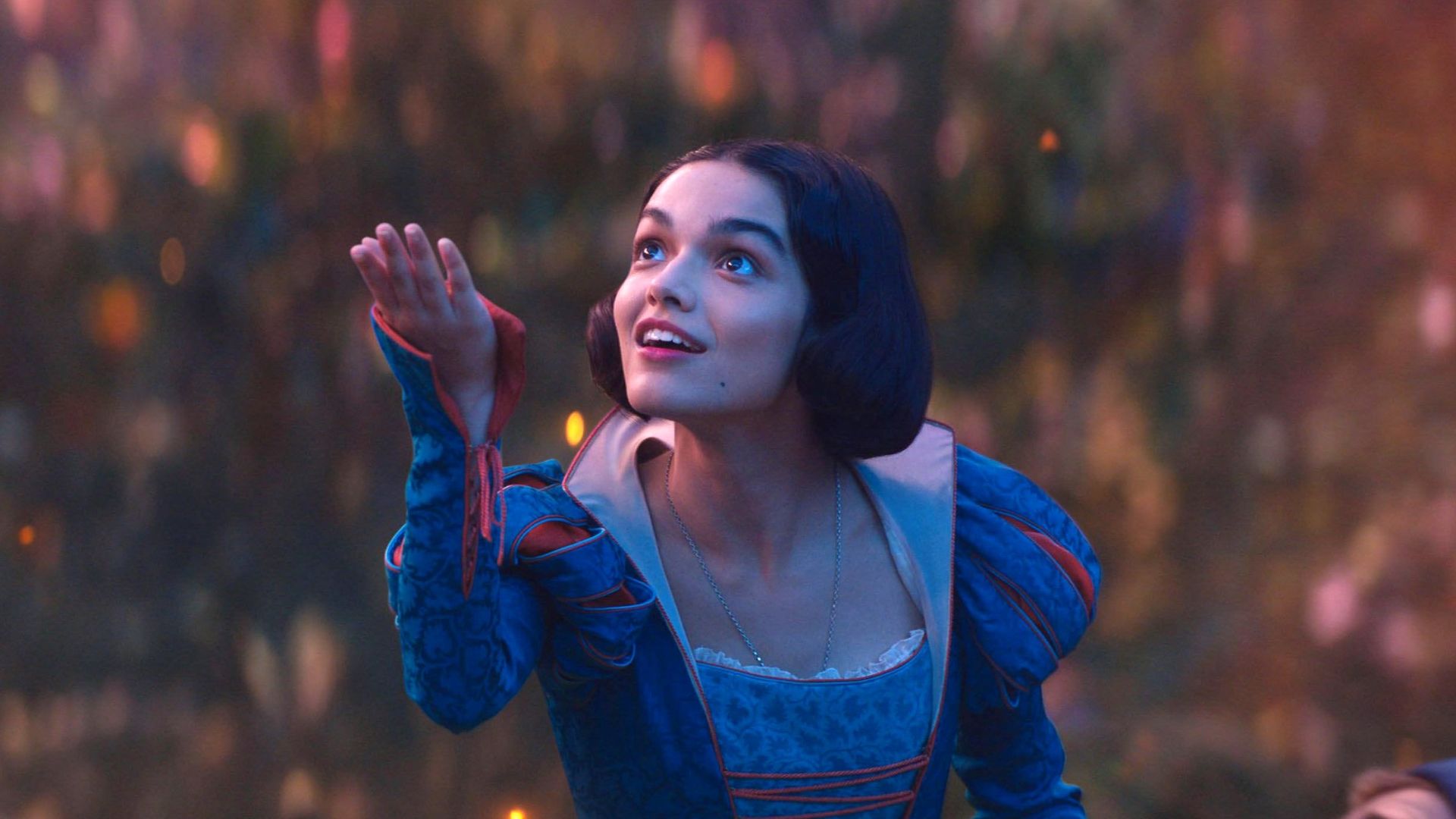Derek Hough reveals he can’t stop crying after wife Hayley Erbert gave birth to ‘miracle baby’ following brain surgery health crisis

The two TV stars have faced challenges over the years, including a serious car accident in 2002 where one of them, Erbert, needed four stitches to her forehead.








